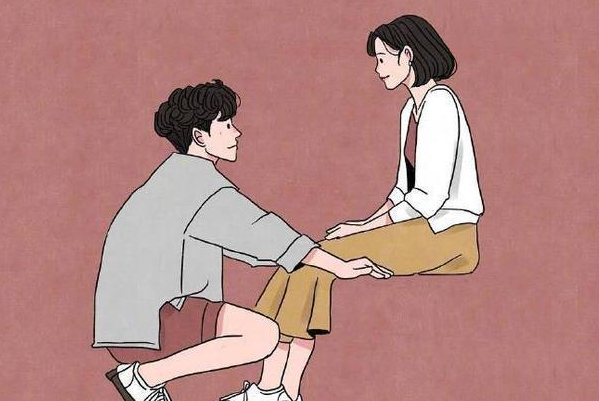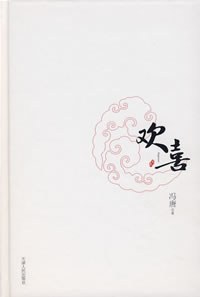laughed 英 ['lɑːft] 美 ['lɑːft] 原型为:laugh
v. 发笑;旦塌森笑;嘲笑
相关例句:
1、She made us all laugh with her zany tricks.
她那些滑稽的恶作剧逗得我们都大笑起来。
2、I would rather be laughed at than quarrel with him.
我宁愿被嘲笑,也不愿和他吵架。
3、He told us such funny stories that we all laughed.
他对我们讲了那么些有趣的故事,我们全都哈哈大笑。
4、He looks at the burn shoes and laugh heartily.
他看到那烧糊的鞋并且愉快地笑了。
词汇搭配:
laugh at 嘲笑;因…而发笑... laugh over 笑着谈论;想着…发笑...
for laughs 为了取乐... laugh away 用笑驱除恐惧等;付之...
扩展资料:
原型laugh的用法
laugh 英 [lɑːf] 美 [læf]
v. 发笑;笑;嘲笑 ;n. 笑声;笑;笑料
副词: laughingly 名词: laugher 过去式: laughed 过去分词: laughed 现在分词: laughing 第三人称单数: laughs
例句
用作动词 (v.)
1、He could tell she was in a bad mood, and tried to laugh her out of it.
他看出她模亩心情不好,想逗她笑好让她不再想烦恼的事。
2、It is natural to laugh when you are happy.
高兴时笑是正常的。
3、You have to laugh and find humor every day.
每天都要笑,每天都要找到幽默。
用作名词 (n.)
4、The captain's cheerful laugh dispelled our fears.
船长愉快的笑声消除了我们的恐惧。
词语用法
v. (动词)
1、laugh的基本意思是“笑”“嘲笑”“以笑表示”,指某人因高兴、惊奇等而笑或指某人、某事让人觉得好笑衫纤,尤指出声地开怀大笑,重在笑出声,常伴有表情和动作。
2、laugh作“笑”解时是不及物动词;作“笑着表示”解时是及物动词,接名词或代词作宾语,也可接以形容词充当补足语的复合宾语。laugh可接同源宾语,该同源宾语前通常有形容词hearty, merry等修饰。
3、laugh与away〔off〕连用,意为“以笑表示,用笑来驱除…”;与at连用时用于贬义,表示“因…而笑”,也可表示“嘲笑”;接 about 表示“对…感到好笑而发笑”,接 over 表示“想到或谈到某事而发笑”。




